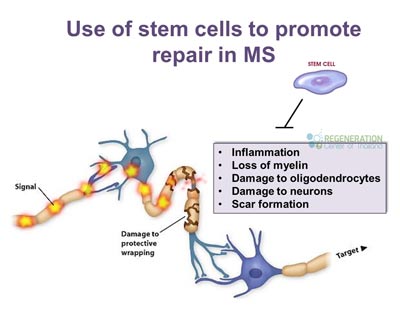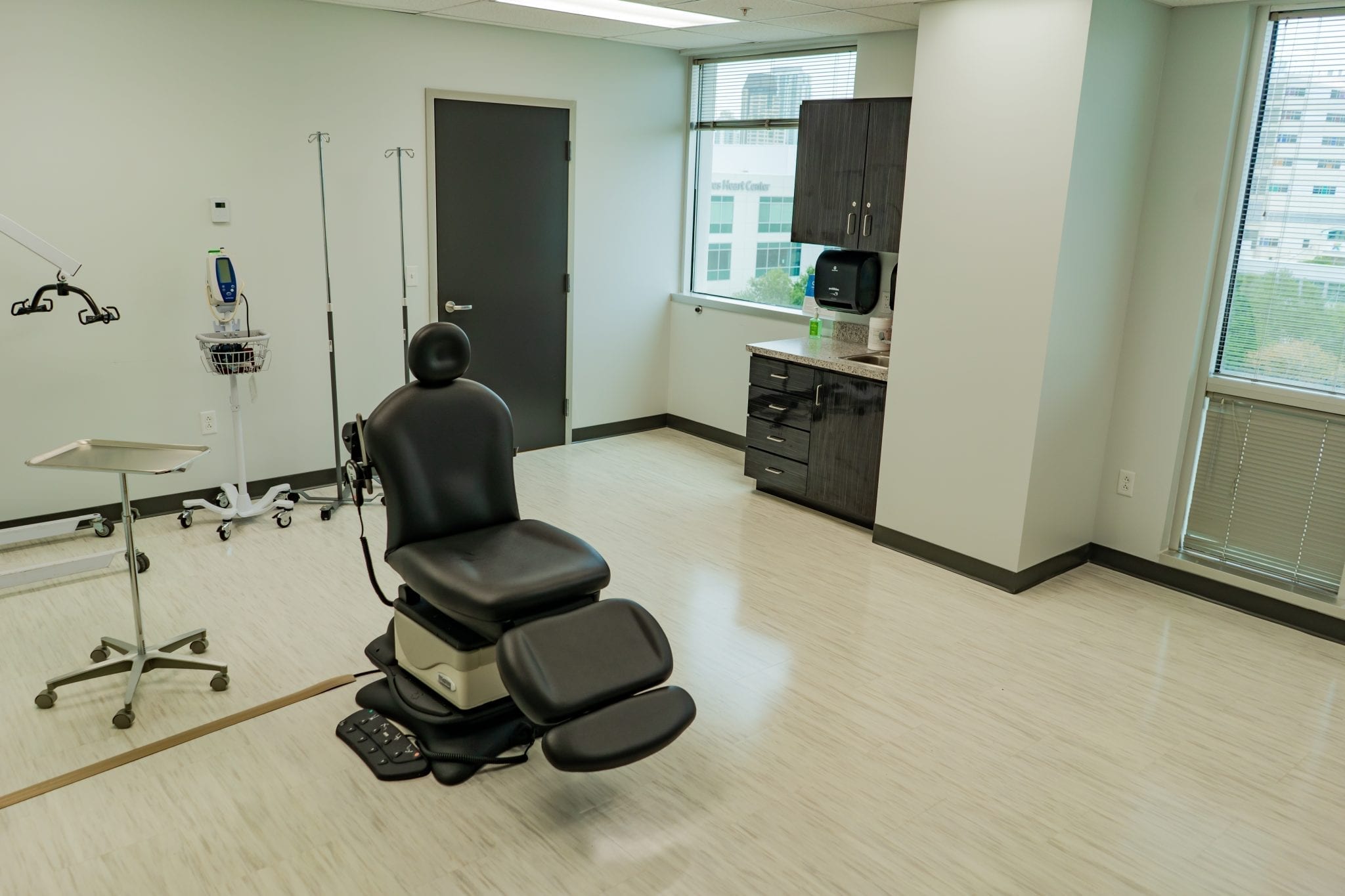Regenerative Medicine For Multiple Sclerosis for Beginners
Table of ContentsNot known Incorrect Statements About Regenerative Medicine For Multiple Sclerosis Excitement About Regenerative Medicine For Multiple SclerosisThe Regenerative Medicine For Multiple Sclerosis PDFsNot known Factual Statements About Regenerative Medicine For Multiple Sclerosis Not known Factual Statements About Regenerative Medicine For Multiple Sclerosis 10 Easy Facts About Regenerative Medicine For Multiple Sclerosis ExplainedSome Known Questions About Regenerative Medicine For Multiple Sclerosis.
The mesenchymal stem cells transplanted throughout stem cell treatment can separate and grow to form new cells that can replace the harmed cells of the nervous cells. This could recover neurological features in people with this condition. These benefits of stem cell treatment are further supported by the ability of MSCs to promote healing.People with multiple sclerosis are typically treated with mesenchymal stem cells. These are multipotent stem cells that have the capability to separate and develop to form a large range of cell key ins the body. As soon as transplanted, these stem cells can establish to create healthy afferent neuron thus supporting the regeneration of the broken cells of the nerves.
As soon as hair transplanted, the stem cells migrate to locations of inflammation or damage within the main nerve system (CNS). They are naturally drawn in to the websites of injury where the immune system is attacking the myelin sheath, the protective treatment of nerve fibers. The stem cells work by promoting the repair work and regrowth of damaged myelin, possibly recovering feature to impacted afferent neuron.
The smart Trick of Regenerative Medicine For Multiple Sclerosis That Nobody is Talking About
Stem Cell Research on MS The National Multiple Sclerosis Society, in addition to various other companies, is actively funding and supporting study into mesenchymal stem cell therapy for several sclerosis to explore their potential and improve treatment procedures. The objective is to create safer and extra efficient ways to make use of stem cells in treating MS.
Right here are reviews from clients of the Swiss Medica clinic. The client took a trip from England looking for remedy for his MS symptoms, a problem he has battled because 2006. Over the years, he has dealt with exhaustion, flexibility issues, and problems with his bladder and digestive tract, all originating from nerve damage.
His treatment experience was smooth. He also valued that his travel, lodgings, and vegetarian nutritional preferences were attentively set up. "The clinical team were impressive, particularly the physician. Everything was clearly explained, and they were extensive in their checks. I would absolutely advise this location." The individual traveled from Romania seeking treatment for MS after hearing positive responses concerning stem cell therapy for the disease.
Obtain a free online assessment to discover exactly how stem cells will function for your case, and what are the duration and cost of the treatment. Clinical Advisor, Swiss Medica physician Lemus, H. N., Warrington, A. E., & Rodriguez, M. (2018 ). Multiple Sclerosis: Systems of Illness and Strategies for Myelin and Axonal Repair Service.
4 Simple Techniques For Regenerative Medicine For Multiple Sclerosis

Stem cells are cells in the body that can grow into specialized cells that offer a particular feature. They are also able to create specific copies of themselves. There are two primary kinds of stem cells: beginning stem cells and adult stem cells. are discovered in the creating embryo and can develop into most sorts of cells in the body.
are located in some adult cells and body organs including the bone marrow, skin, blood, and mind. Adult stem cells are not as versatile as beginning stem cells and are therefore more restricted in terms of the kinds of cells they grow right into. The unique homes of stem cells provide promise for new therapies that can slow/halt MS disease activity and repair tissue damages in the main nerves.
The Facts About Regenerative Medicine For Multiple Sclerosis Revealed

The procedure includes gathering stem cells from a person's very own (autologous) bone marrow. The individual is after that treated with chemotherapy to deplete the body immune system and stem cells are reintroduced right into the body where they mature right into brand-new, healthy and balanced immune cells - Regenerative Medicine for Multiple Sclerosis. Stem cells can be injected into the body in various means

In 2000, the MS Culture of Canada and MS Scientific Research study Structure funded a medical test entailing HSC transplants, led by Drs. Mark Freedman and Harry Atkins from the Ottawa Healthcare Facility Research Institute/University of Ottawa. The aHSC treatment offered in Canada is a therapy that uses high-dose radiation treatment, also called conditioning.

Regenerative Medicine For Multiple Sclerosis for Dummies
Neural stem cells (NSC) are discovered in the brain and can mature right into numerous kinds of brain cells consisting of neurons, oligodendrocytes, and astrocytes. NSCs may offer to fix or secure the brain and regulate the immune system. Early professional tests in non-human primates showed that treatment with NSCs profited the development of MS-like disease in animal models.
The outcomes from these security research studies are positive for future stem cell and regenerative medication therapies in MS. Future scientific trials (stage 2 and 3) with bigger varieties of individuals and controls are necessary to assess the efficiency of this treatment for MS. As shown by the examples above, there is a large selection of research study taking area that will certainly offer added solutions regarding the use of stem cells to treat MS.
Stem cell treatment is considered secure, however, like any clinical treatment, it carries some risks, such as short-term swelling or pain at the injection website. Severe side effects are unusual when done by certified specialists.
The Ultimate Guide To Regenerative Medicine For Multiple Sclerosis
Multiple sclerosis (MS) is a persistent disease of the central nerve system that influences the mind and spinal cable. It is characterized by the deterioration of myelin, a substance that covers nerve fibers, causing disturbances in interaction between the brain and the remainder of the body. Signs and symptoms can vary widely and consist of muscle mass weak point, vision troubles, imbalance, and tiredness.
Numerous sclerosis is identified by the body immune system incorrectly striking the safety sheath (myelin) that covers published here nerve fibers, creating communication issues in between the brain and the remainder of the body. The illness can cause the deterioration or irreversible damages of nerves. Signs differ widely among people and can consist of exhaustion, wheelchair concerns, pain, and cognitive adjustments.